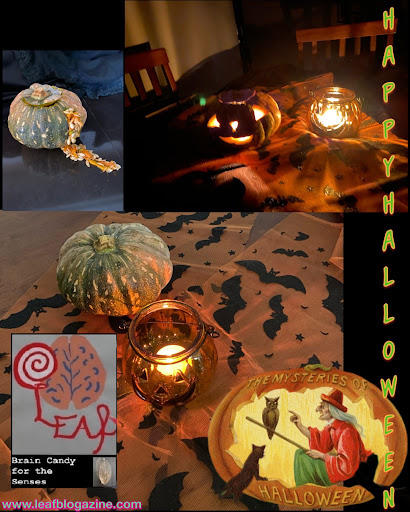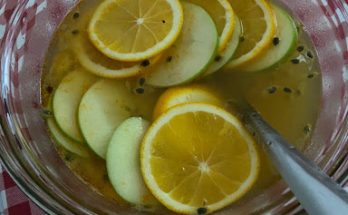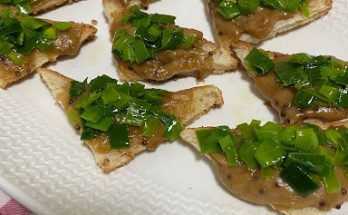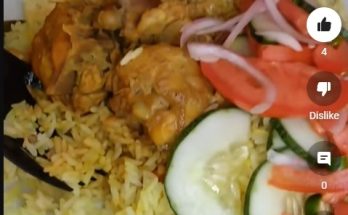13th September 2023
By Sharmini Jayawardena
Hey Everyone 👻 🎃 ,
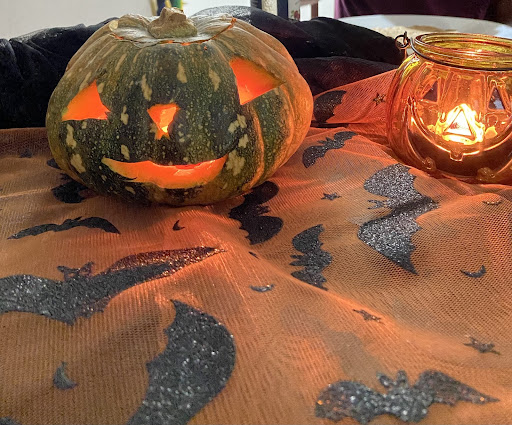
*
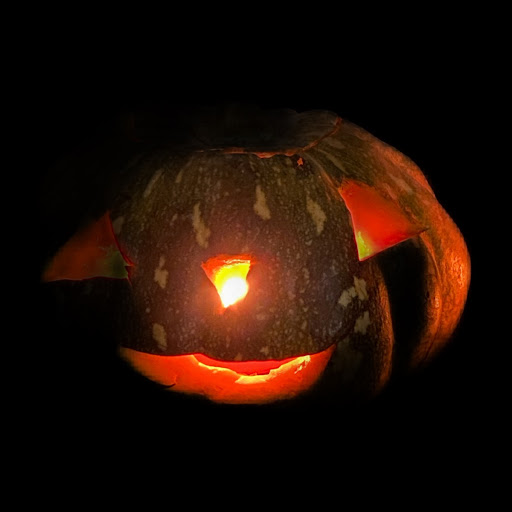
*
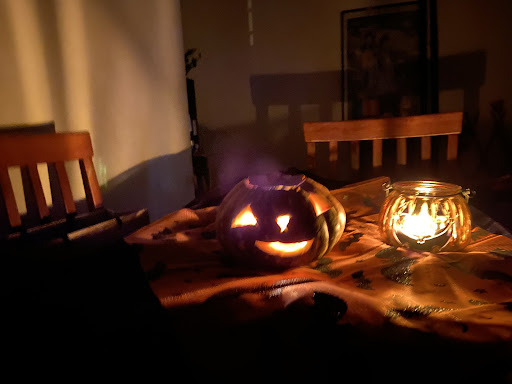
*
Here’s how I came about celebrating Halloween in the true spirit of spirit hood !
Mala batha which is Sinhala. translates directly to Death Meal, .
I couldn’t not have refrained from introducing and sharing this most spirit related dish with you. I’m even wondering how it evaded my radar for so long 🤔
The MALA BATHA is the first meal you prepare and partake of after the demise of a person, and family and friends of the deceased return home, having duly performed and completed the funeral rights to the dear departed.
This means, no cooking has been done while the body remained in the house or the funeral parlour. In other words, when a person dies in Sri Lanka, no cooking is done in the kitchen of the person who passed away.
This meal of one dish is made with pumpkin, believe it or not, with the addition of salt fish, and It is eaten together with boiled rice. A plate of it is served up and placed on the highest place in the garden.
(This plate of food is an offering to the other beings or spirits. It is an offering to appease the spirits, for some reason. Traditionally, Sinhala people believed in the existence of spirits. So, animism remains a part of worship, in the lives of South Asians and South East Asians, alike.)
Having offered this meal to the spirits, the gathering of the next of kin will now proceed to partake of the meal.
How amazing that this dish and Halloween should both pay importance to the PUMPKIN 🎃 !!!
I’m not sure of the details regarding this commonality nor the importance paid to the pumpkin on the part of both peoples.
Maybe someone can update me on this.
Here is how you cook the mala batha:
You devein and deseed a pumpkin and cut it into chunks. Add cubes of salt fish, sliced onion, curry leaf, spice mix, turmeric powder, chilli powder, a few pieces of gamboge or goraka, , Ceylon cinnamon, black pepper powder to a bowl. Add a few seeds of fenugreek. Mix well and cook it in an earthenware pot with coconut milk. Season to taste.
(I did not add Ceylon cinnamon, black pepper powder and fenugreek seeds, as per the video I watched. I added a pandan leaf, however).
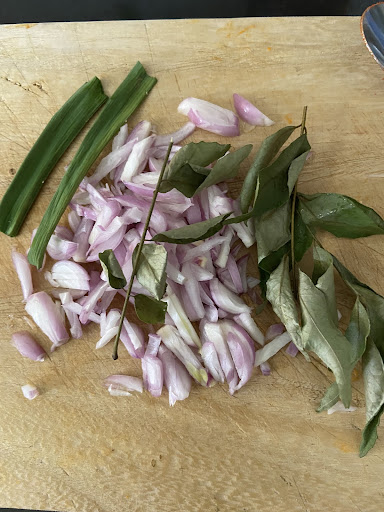
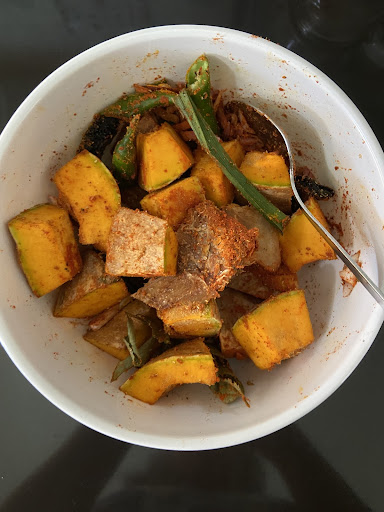
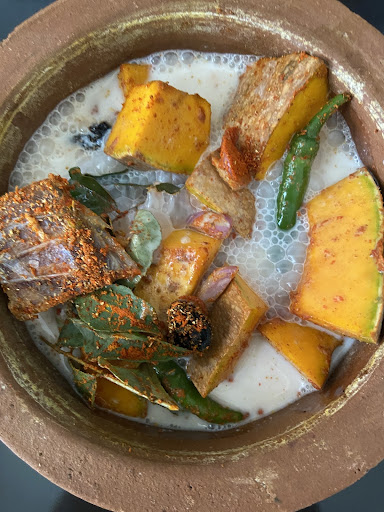
Topped with light coconut milk. Add a little thick coconut milk once the dish is done.
If you’re cooking in a terracotta pot, remove from fire while the gravy is still light, It will continue to thicken, outside.
Eat it with boiled white raw rice, (sudu kekulu haal).
Here’s how it looks:
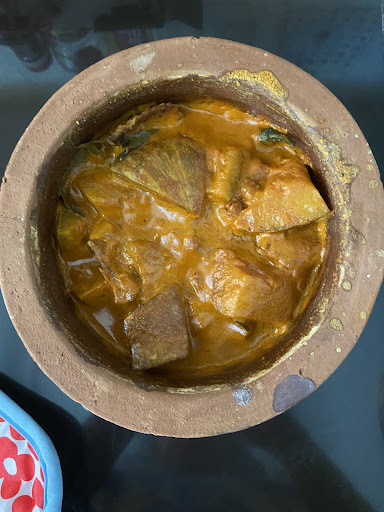
After having done some research which did not help me much as to the recipe, I found out the reason why pumpkin is used in this particular dish. According to the videos I watched, (which were in Sinhala), pumpkin is efficacious in settling your system which has undergone considerable hardship, pain and sorrow, with the death of a loved one.
Pumpkin and dry saltfish in particular, supposedly provides the required minerals, vitamins and protein to help you recover from the rigours of mourning. Saltfish will also induce the drinking of water which mourners may require.
Ash plantain curry and tomato salad were mentioned as being other items on the menu. As far as I know, (in Colombo), it’s just this one dish and rice. Nothing else.
It was mentioned that the preparation of this dish varies from place to place in Sri Lanka.
Usually, the quantity that is prepared will match the number of people due to partake of the meal. In case there’s any leftovers, it will be buried in a hole in the garden.
So, this is the mala batha:
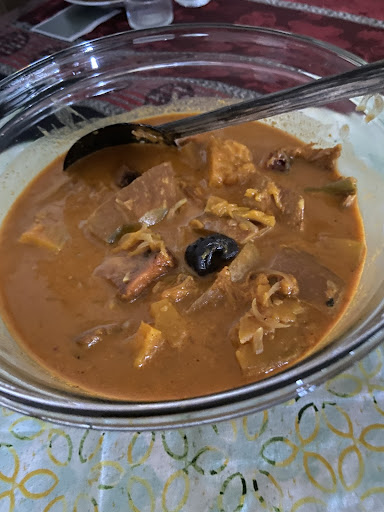
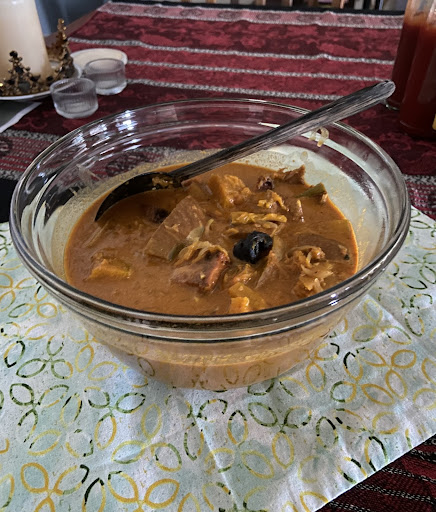
*
